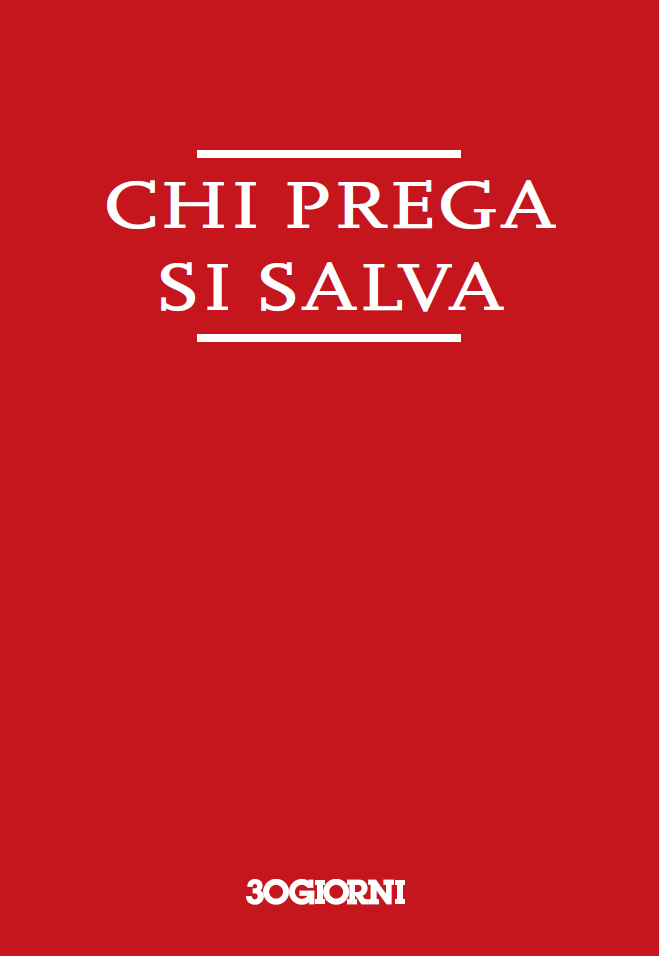«Reverence can be good if it opens us to God and neighbor and makes us more loving. It is bad if it makes us prideful/judgmental and distracts from more important things. I make no judgment about who is guilty of this- I don’t know most of the people by far and am in no position to judge. I do make the point that reverence, while important, is not the only or most important aspect of Communion. Some advocates of communion on the tongue, at least online, seem guilty of thinking that (however much more virtuous than I they probably are in their lives).
«There is so much to Communion. All of us are only grasping a hint of it. It is adoration of Christ, meal of fellowship, union with other communicants (hence the Church wants us to sing during reception), sharing in Christ’s self-sacrifice, mystical union with angels & saints, sharing even now in the heavenly banquet, having the life of the Risen Christ in oneself, a call to charity and works of justice and making real on earth the peace foreshadowed in Communion, etc.
«What if we were passionate about all that? What if our reception made us all more loving of one another, whatever our views on how to receive? What if our way of calling our fellow Christians to a higher way were based on loving example and not polemics? (I don’t direct this at you, I mean it to everyone on all sides.)
«Some of the online advocates of kneeling/tongue seem to focus only on adoration of the Real Presence (…). This helps explain why this line of thought isn’t gaining much traction except on the right fringe.
«One could have “perfect” adoration of Real Presence in humble posture and, at least in theory, miss the point of Communion. I think proponents of tongue/kneeling will get a better hearing if they uphold all aspects of Communion. They would find many more areas we all need to work on than just their main focus.»
(Fr. Anthony Ruff, OSB. Read whole post here)







